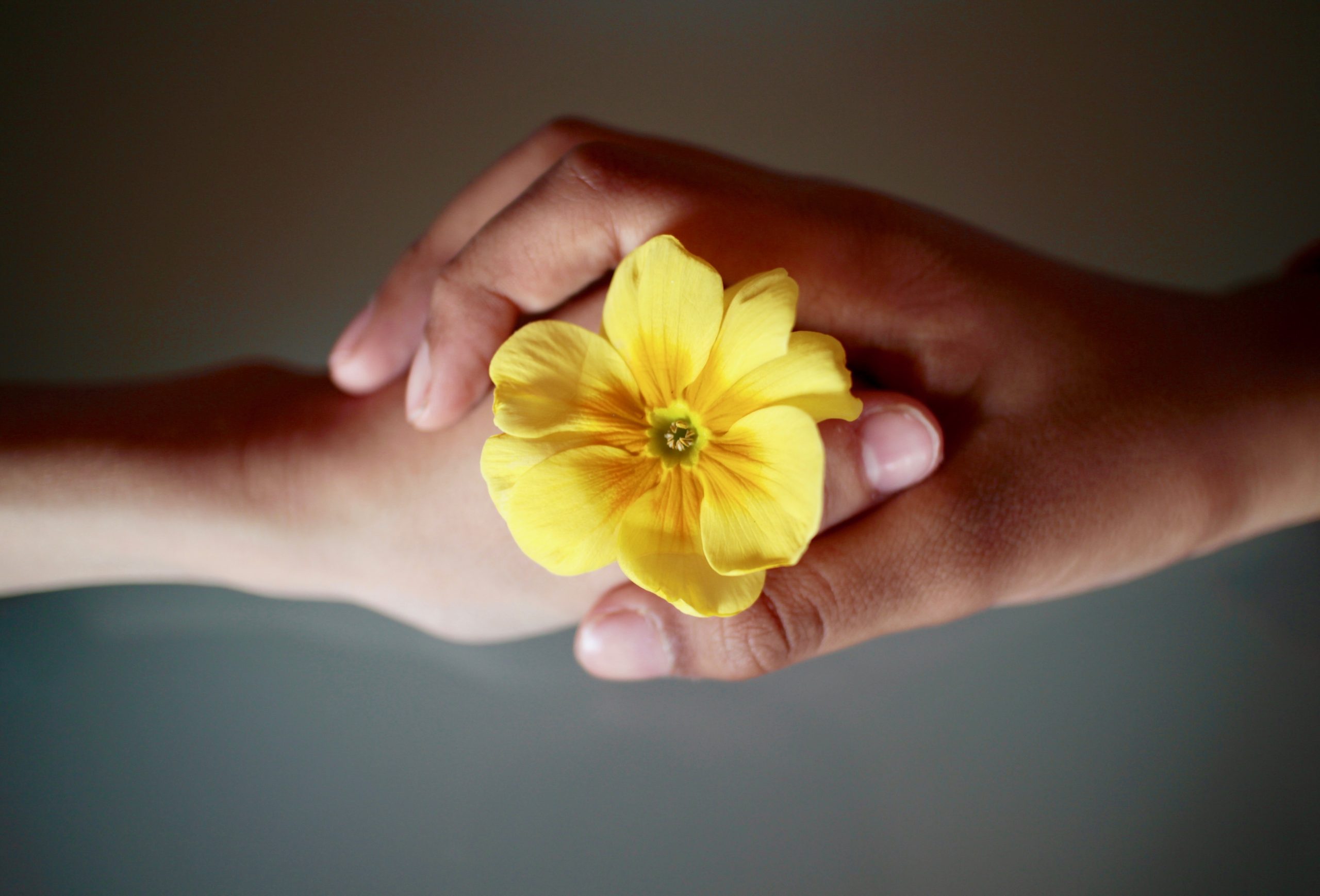
The Intersection of Mental Health and Storytelling: Winnie the Pooh’s Impact on Children’s Mental Health Education
 Mental health is a crucial aspect of overall well-being. It affects our thoughts, emotions, and behaviors, and it can impact our relationships, work, and daily life. Unfortunately, mental health issues can be stigmatized and misunderstood, making it difficult for individuals to seek help or find support. Storytelling, however, has the power to break down those barriers and educate people about mental health in a way that is relatable and accessible.
Mental health is a crucial aspect of overall well-being. It affects our thoughts, emotions, and behaviors, and it can impact our relationships, work, and daily life. Unfortunately, mental health issues can be stigmatized and misunderstood, making it difficult for individuals to seek help or find support. Storytelling, however, has the power to break down those barriers and educate people about mental health in a way that is relatable and accessible.
One beloved children’s character that has had a significant impact on mental health education is Winnie the Pooh. Created by A.A. Milne in the 1920s, Winnie the Pooh is a lovable bear who lives in the Hundred Acre Wood with his friends Piglet, Tigger, Rabbit, Eeyore, Kanga, and Roo. While the stories are primarily aimed at children, they contain important lessons about mental health that are relevant to people of all ages.
One of the most prominent mental health themes in Winnie the Pooh is depression. Eeyore, the donkey who is known for his gloomy outlook on life, is a perfect example of this. He often feels sad and hopeless, and he struggles to find joy in the world around him. While Eeyore’s character may seem like a caricature of depression, it accurately portrays the feelings and experiences of many individuals who suffer from the condition. By including Eeyore in the stories, Milne was able to introduce young readers to the concept of depression and help them understand how it can affect a person’s life.
Another mental health issue that is addressed in Winnie the Pooh is anxiety. Piglet, the timid and anxious pig, is a relatable character for many individuals who struggle with anxiety. He worries about everything from the weather to his own safety, and he often feels overwhelmed by the world around him. However, despite his fears, Piglet is able to overcome his anxiety with the help of his friends. By showing how Piglet’s friends support him and help him manage his anxiety, Winnie the Pooh teaches children that it’s okay to ask for help and seek support when they’re feeling anxious or overwhelmed.
In addition to depression and anxiety, Winnie the Pooh also touches on other mental health issues such as addiction, trauma, and grief. For example, Tigger’s hyperactive behavior is a reflection of his struggle with ADHD, while Rabbit’s perfectionism is a coping mechanism for his own anxiety and insecurity. Meanwhile, the death of Christopher Robin’s father and the departure of the character from the story in later books have been interpreted as a way of dealing with grief and loss.
Overall, Winnie the Pooh’s impact on children’s mental health education cannot be overstated. By introducing young readers to characters who struggle with mental health issues, the stories help to normalize these experiences and reduce the stigma surrounding them. Additionally, by showing how these characters find support and overcome their challenges, the stories provide valuable lessons about resilience and the importance of seeking help when needed. For children who may be struggling with their own mental health, these stories can be a powerful source of comfort and inspiration.





